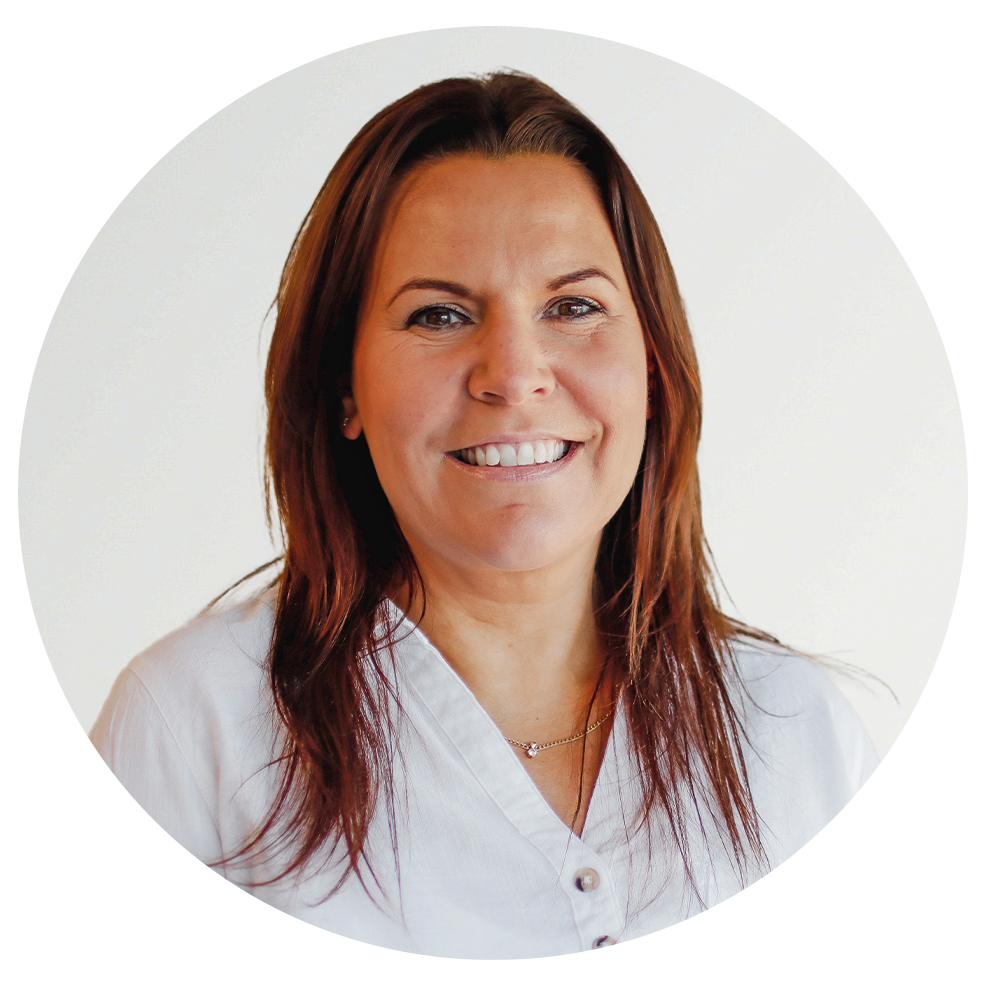End of life care - what do I need to know?
Identifying when patients are in their last year of life can be challenging. The same can be said for recognising dying. This webinar explores what is available to help us help the people we care for to better plan for the end of their life, and when the time comes to die well. Attendees will learn about the myths associated with palliative and end of life care, and have the opportunity to ask questions towards the end of the session.
Learning Outcomes
- Understanding the language and meaning of palliative and end of life care
- Recognising dying
- What support is available to palliative and end of life patients
Meet our Experts

Sarah has always had a keen interest in Tissue Viability since becoming a registered nurse in 2002. Her experience varies from within a community setting, where she completed her Tissue Viability based degree in 2007. She then worked within the private sector to gain additional advanced wound care skills whilst working with a medical devices company specialised in wound healing. In 2010, Sarah became a Tissue Viability Nurse and shaped a specialised service within the acute sector for 7 years before returning to the community setting as a TVN.
.png)
Since qualifying in 1990, Sarah has worked as a Registered General Nurse specialising in Palliative and End of Life Care, spanning over 30 years. She currently is the Professional Lead for Specialist Palliative and End of Life Care for Hertfordshire Community NHS Trust and has a passion for improving the end of life experience for all involved.
People who watched this also watched...
Pressure Ulcers - Understanding what went wrong through RCA and PSIRF
This session will consider investigating pressure ulcer incidents within the context of Patient Safety Incident Response Framework (PSIRF) and the new National Wound Care Strategy Recommendations.
Undertaking investigations within your care home or home care team will help you understand what improvements need to be made, if any, to the care being delivered. Demonstrating that this activity is taking place, being acted upon and improving pressure ulcer incidents could support an improved CQC rating.
Clinical justification equipment request forms: the benefits, skills and reasoning behind this essential process
In this webinar we explore why clinical justification is such an essential part of Occupational Therapy and how we can view this often dreaded process in a more positive way.
How to configure a chair for my client: plus size users
In this webinar we review common seating goals and explore the additional considerations and needs of plus size users when prescribing seating. Through a live demonstration, we outline the unique mechanisms and configurable options available to meet these common complex needs within the Configura Bariatric range.


